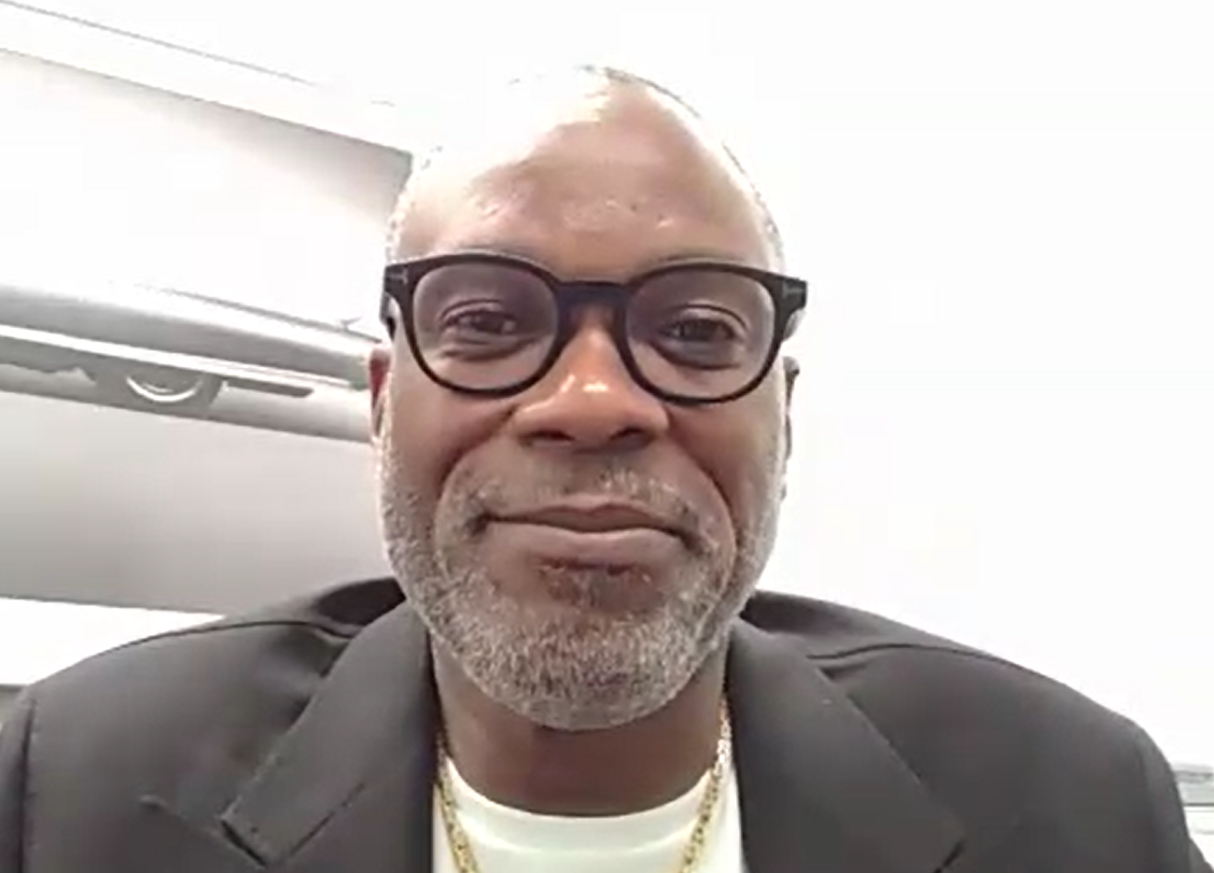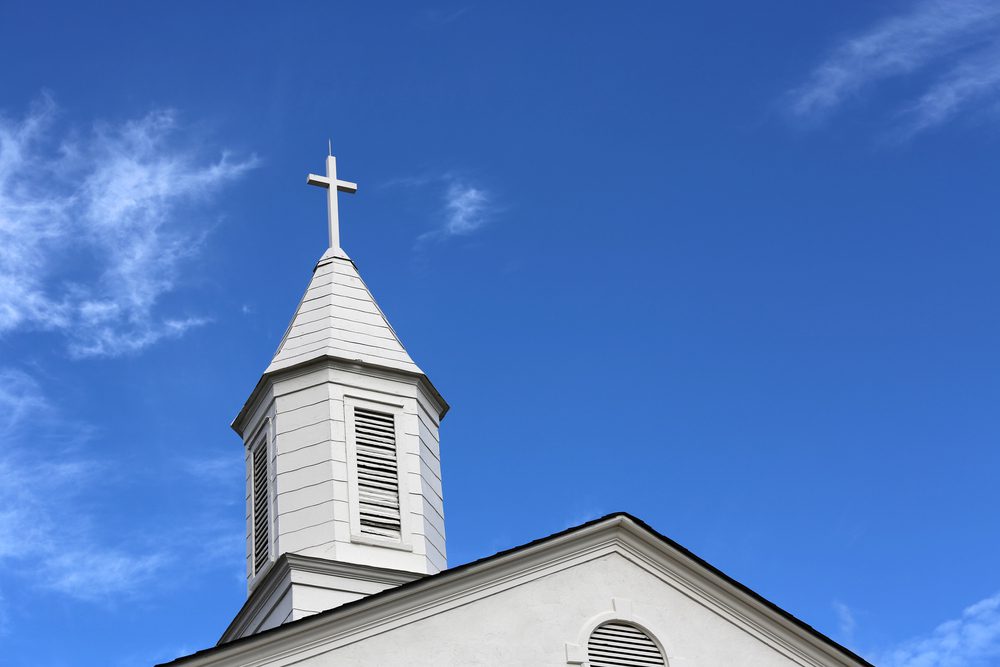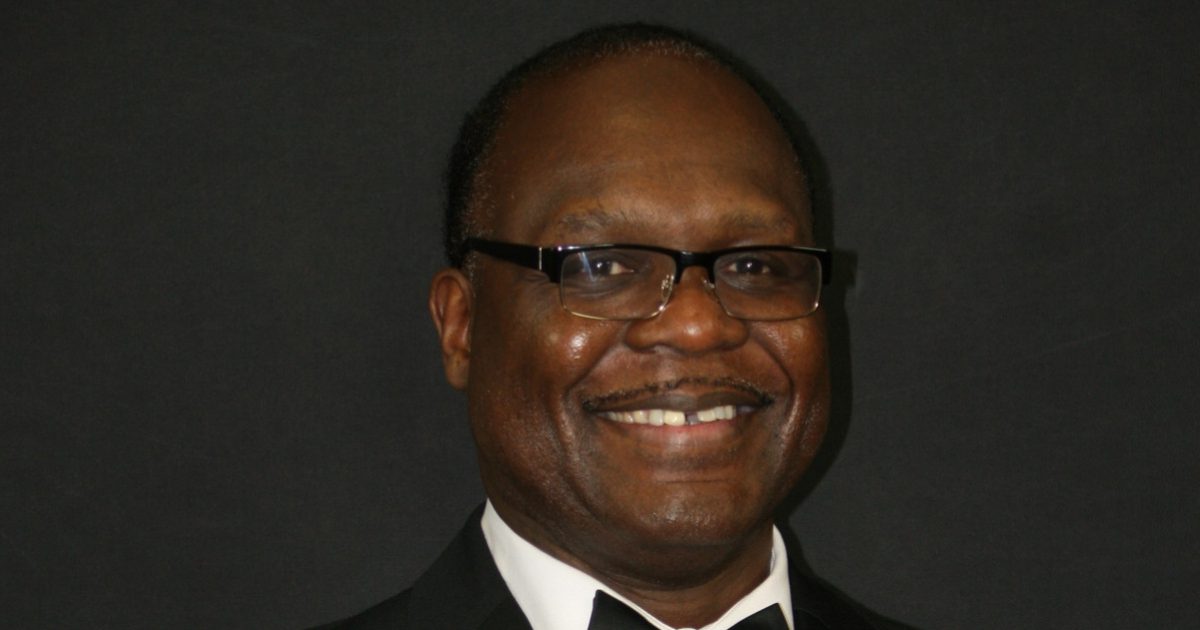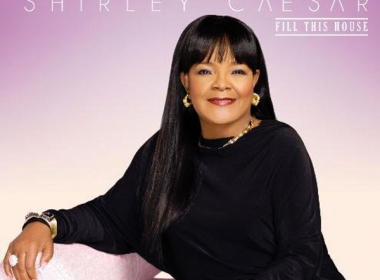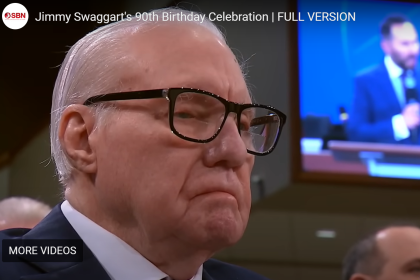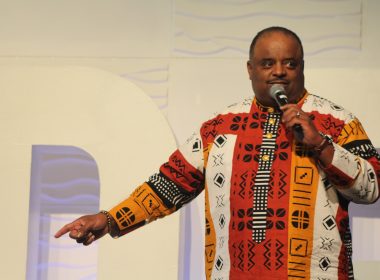Video interview with Bishop Craig L. Oliver coming soon. Check back shortly to watch this exclusive conversation.
Dr. Craig L. Oliver, Sr. brings an uncompromising vision and contagious spirit of generosity to his role as Senior Pastor of Elizabeth Baptist Church in Atlanta. With advanced degrees from Luther Rice Theological Seminary, Clark Atlanta University, and Gordon Conwell Theological Seminary, Dr. Oliver has dedicated three decades to building and developing a kingdom of empowered, equipped people for God. As he marks this significant milestone, he’s also launching an inaugural Juneteenth celebration that embodies his commitment to community, heritage, and spiritual growth. His passion for God’s Word and love for God’s people shine through as he reflects on lessons learned and the vital role of the Black church in today’s challenging times.
What has your 30-year journey at Elizabeth Baptist Church taught you about leadership and serving God’s people?
30 years has been an amazing journey. I can’t say much about it without at least thanking God for the amazing people at the Elizabeth Baptist Church that have extended me grace, love, kindness, and mercy. I think that’s really some of the things that I’ve picked up over this journey, that in order to have longevity in leadership, you have to have people who are willing to grant you a margin of error. It’s not like I’ve made perfect decisions over the span of 30 years. There have been moments that I made bad decisions, but yet there’s still that margin of error is what has been graced and given unto me.
Some of the things that I value, some of the things that I’ve learned over this experience is that at the end of the day I’m called to serve God, and one of the express ways wherein we serve God is as we serve his people, and God expects us to serve his people with the same sort of heart that he has, a heart of love, a heart of compassion, a heart of empathy, a heart of concern, a heart of kindness. In the midst of the craziness that we’re living in in this world right now, the spirit of kindness is something that I think is really important.
What scriptures have anchored you during uncertain times, and how can others apply them?
We’re certainly living in uncertain times, and we’re living in this space of ambiguity. On one hand, we’re trusting, but, on the other hand, we’re trembling. We’re trusting and trembling.
One particular verse that I think many of us know, but I think it really is appropriate and applicable for the context of time that we’re living in now is Proverbs 3, where it says, “Trust in the Lord with all of thine heart, and lean not to thine own understanding. In all of our ways acknowledge Him, and let the Lord direct your path.” The text really argues that there are two different ways wherein we can place our trust, our faith. We can either trust in God, or we can trust in our cognitive calculations, our own minds, what we think is right, what we perceive to be the best approach and a way to cope with life.
But Proverbs 3 says that ultimately we’re to trust in God, and we’re to trust God, recognizing that he is faithful, recognizing that he is sovereign, recognizing that His wisdom is superior to the wisdom of this world and the wisdom of even man. In doing so, we become anchored, we have a sense of clarity. In the midst of our uncertainty, I have clarity that God is still in control, though this world is constantly in flux, and is ebbing and flowing, and God says, the text says, and He will direct our paths.
How do you view the role of prayer, especially when people are searching for peace and purpose?
One of the ways wherein we express and exhibit our trust is our willingness to pray. Even as we pray, I contend and argue that there are two elements that motivate our prayer. On one hand we pray, recognizing the fact that we’re ignorant, and I know that’s a hard concept to embrace. Ignorant? Yes, in the sense that we don’t know. There’s a lot about life that we are ignorant on, that we really don’t know how to manage life, how to bear life, how to make the right decisions independent and separate from God.
I embrace my ignorance, coupled with my ignorance. I also embrace what is known as my impotence. My impotence denotes that I am powerless. That amidst all of the different accomplishments of our lives we are really powerless without God, and so, when I embrace my ignorance and my impotence, it then brings me to a place of humility, wherein I now have to submit myself to God and say, “God, I don’t know how to do life without you, and I am powerless in doing life without you. So I come before you in prayer, in humble submission, asking for wisdom, asking for guidance, asking that you will fortify my faith so that I can face whatever is coming my way.”
What does a healthy spiritual diet look like beyond traditional church attendance?
I believe a healthy spiritual life consists of having a community. In other words, spirituality happens best in a context of community where you’re not living life independently and in isolation. That we come together as we encourage each other, as we pray for each other, as we love each other, as we support each other, as we edify each other. Matter of fact, it’s interesting that the Bible has over 52 “one another” statements wherein it is clear that God does not expect us to grow in our spiritual life and our spiritual walk independently, but with a sense of interdependence that we depend upon each other.
There’s an amazing African philosophy that is called Ubuntu. Ubuntu implies the sense of humanness, the sense of interconnectedness, that a person is a person through other persons, that we’re all interconnected among each other, and that’s one of the ways wherein I believe that our spirituality is developed and grows. God says it’s not good for man to be alone. I submit, and suggest to you that that particular verse should not just be applied or interpreted from a marital context. It’s for life itself that it’s not good for you to be alone. Think about COVID. When we were forced to be alone, and how we almost lost our minds because we were created for community.
What inspired you to host this inaugural Juneteenth celebration at Elizabeth Baptist Church?
Our reason for having Juneteenth this particular year is in light of the craziness, the chaos that we’re facing right now. If ever there’s been a time that we need a sense of solidarity, we need a sense of community, and even beyond that, with all of the overt efforts of trying to change and rewrite history or trying better yet to eliminate our presence and our contribution to history and to the building of this nation. If ever there’s been a time that we need to come together and lift our voices, and not just our voices, but come together again in a spirit of solidarity to say that at the end of the day we have contributed more to this country than any other group, any other nationality or ethnicity.
The Church has always been that place where we come together for a sense of identity. We come together as the rallying point for us to engage ourselves, again, civically and socially and culturally and politically, so that we can again make a change in our world. I think right now, if ever there’s been a time that we need a sense of solidarity and community and come together collectively as a people. Now is that time, and what better time than Juneteenth?
How did you put together such an impressive lineup for the event?
Our team came together, and we tried to design an experience that is diverse, that speaks to every generation and has even different genres being expressed. Though it’s being hosted at our church, it’s not going to be all gospel music. Yes, we’re going to have gospel music, but we’re going to have some good R&B. We have music that speaks to every group, every generation, so that we all feel as if we’ve been represented in some form and in some fashion.
I asked the team to come together and to just give suggestions, and to give thoughts and to give names, and so, being led, of course, by the entire team, different names came up. We actually consulted with people in the gospel industry and in the music industry to identify key voices today that would bring an electrifying experience to this event. We have local talent as well. People right here in Atlanta that will be sharing.
What can attendees expect when they arrive at Elizabeth Baptist Church on June 14th?
The experience is going to be very diverse, not just music, but food and not just food, but also activities for the youth, for the kids, finger painting and face painting, and we have, of course, bouncy castles. We have all of that. We also have different games that we’re going to play. So think about it like this, it’s the family reunion where people come from everywhere, and we put boots on the ground. We dance, we laugh, we play, bring your fans.
The storytelling, that’s the part I can’t wait for. As we hear people tell the story of our history and of our journey, and then I also have professors coming in from Emory, and other institutions, from the Black Studies department, African American Studies Department. They will also be teaching us from a cultural and historical perspective about our journey. It’s not just entertainment, It’s also education. We’re going to bring the two together so that we can have a dynamic experience.
Why is the Black church’s role more vital now than ever in preserving community and heritage?
The black church has always been the citadel. It has always been the beacon of light in the midst of the darkness that we find ourselves in. It has always been the place wherein we would rally together, come together, pray together, and we would be activated and not just activated, but become more civically engaged. When you look at the whole movement of the civil rights movement, it really has its epicenter in the black community, and in particular in the Black Church.
We recognize that the black church is still that focal point, that epicenter of change. If ever the church needs to be the Church, the church needs to be the church now. We have to do more than just come together on Sunday mornings and have a moment of singing and shouting and a sermon, and we sing Kumbaya, and we go home. No, we have to be civically engaged. We have to literally be salt. We are the salt of the earth, and we’re the light of the world, and so we’re to be salt in the midst of decay and light in the midst of darkness.
Would you agree with me, our world is dark, and thus the Church must be the light? Our world is morally decaying, and our church must be salt? If ever there’s been a time that the church must stop just having church and being the Church, now is that time.
What are the details for attending the Juneteenth celebration?
It is absolutely free. You can come from 12 up until 8 o’clock. The entire experience is free. Of course you can bring coolers, and of course we make sure that you bring the appropriate beverages to the function. It is a church facility, church place, and so there are certain things that we ask that you not bring in your coolers. Again, it’s clean family fun, and it’s from 12 o’clock up to 8 o’clock, absolutely free. We will have food trucks so that you can purchase food and things of that sort, but the event and the experience itself is free.
You can find Elizabeth Baptist Church at elizabethbaptist.org. The location for our Juneteenth that will take place on June the 14th is 4245 Cascade Road, Southwest Atlanta, Georgia. It’s going to be an incredible time, and this is a personal invitation extended from me to you, come and be a part of our Juneteenth celebration on June the 14th from 12 o’clock up until 8 o’clock at night.
A prayer for all those struggling in these desperate times from Bishop Oliver
I just really want to encourage you, whoever you are, even right now that you’re not alone, that God is with you, and that God is a very present help. I want you to catch that. He’s a very present help. Even when you can’t trace him, track him, or trail him, trust him. God is with you, and I want to pray for you. Father, I pray now for that man, that woman, that boy, that girl who may be facing life and its difficulties, and is asking God, “Where are you?” They’re having a Psalms 13 experience. How long God do I have to face this and have to go through this moment? I pray God that you would give them a profound sense of your presence like never before, and with your presence, father, I pray that they will find a sense of meaning that they’ll find a sense of purpose, and that you would grant unto them guidance and direction as they go forward.
I also pray God that you would bring people in their lives that would give them that sense of encouragement and faith that they need to face whatever is going on in their lives. I thank you, God, that you created us for community. And so I pray now that you would help us to walk in that sense of community and help us, oh, God, to free ourselves from the attitude and the disposition of independence, and help us to acquire that of interdependence, that we need each other. So give joy and peace to that person who is in isolation, or is dealing with life alone. Give them, oh God, a sense of your presence, like never before in Jesus’ Name, I pray. Amen.

